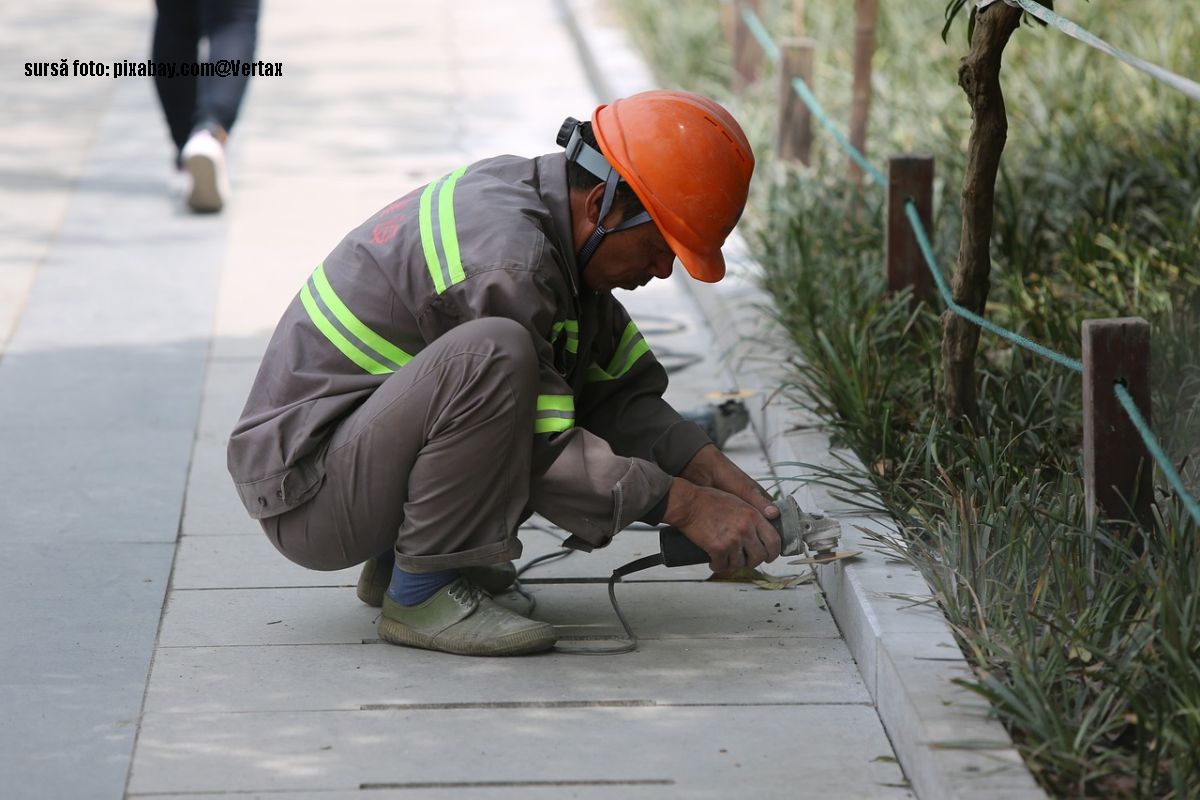Women’s Emancipation in the Romanian Countryside
The most disadvantaged category in the countryside is women, even though 56.6% of Romanian women live in villages.

Christine Leșcu, 06.03.2013, 13:08
Almost 45% of the Romanian population lives in the countryside, and a lot of these people still don’t work to capacity, both in personal and in societal terms. The most disadvantaged category in the countryside is women, even though 56.6% of Romanian women live in villages. Most of their work is in the household, and as such it is obscure to most people outside of their immediate vicinity. 67% of women in the countryside are homemakers, working exclusively in their households, which is obviously not paid in wages. Their occupation, therefore, provides no financial and social independence in itself, as a paid job would.
A trade union federation in farming, Agrostar, wants things to change. They launched the E-Word project for the emancipation of women in rural communities, financed through the POSDRU European program. The target group for the project were 2050 women from the countryside, from 6 development regions in Romania. The project was aimed at offering courses and advice for women who want either to get a job or to become entrepreneurs, in order to gain financial benefits from their work. Project coordinator Oana Calenciuc told us what was achieved through the project:
“We set up four information and counseling centers for rural women in the counties of Arges, Timis, Dolj, and Galati. Over 800 people have taken advantage of our services. Over 48% of them attended vocational courses. All the centers provide services such as information and counseling, small business consulting, vocational courses, support in balancing work and family life.”
Depending on the options of women in each region, five vocational courses for 1,200 women were organized. The courses offered training in manicure and pedicure, babysitting, shopping assistant, canning and baking. Oana Calenciuc told us about the results of the courses:
“The most popular courses were those training people to work as a shopping assistant, in a cannery or in a baking shop. Babysitting was the least popular course. All the participants were also helped in looking for a job. By the end of the project, 130 women found a job or started their own business. We also held a course in basic computer skills for five groups of women from Olt and Dambovita counties, for a total of 100 students. At the end, all the participants passed a test.”
The courses encouraged some of the women to start their own businesses or tap European money for an existing business they owned and ran. Elena Odagiu of Olt County, mother of two boys, turned her passion for flowers into a thriving business:
“Flowers have always been a passion of mine, so I applied for European money for a project dealing with growing vegetables and flowers in protected areas. It is my own business, I am in charge of my own life and my time. I decide what I do, when to take a vacation, how much I want to work. This is one of the advantages. However, the most important aspect is that I spend a lot of time with my family, I am next to my children and husband. Psychologically, the fact that that I won my business makes me feel great.”
For Ecaterina Olteanu, from Prahova County, European funds have also been an opportunity to turn household chores into a job:
“My husband accessed European funds for agriculture and built our farm. After that I attended a course in processing fruits and vegetables, and we started canning them based on traditional methods and recipes.”
This business helped Ecaterina organize her time better, and improved her living:
“I can say it gave me a lot of courage. Once I learned more than what I used to know, that gave me the courage to start off. It is a privilege that I am close to my family most of the time and I am in my own household, where I know exactly what I have to do. What I do now is great for me and my family.”
Mariana Feraru from Valcea County has nine children, the oldest 23 and the youngest five and a half. In March she will be giving birth to another. These courses have really encouraged her in her work:
“I attended the courses offered by Agrostar. I want to set up a company, I filled in the paperwork, I’m now waiting for the final approvals. It is a retail and transportation company. We have to guide our children on a better path. In my life, agriculture has come first. I would like every parent to guide their children towards farming, that’s what keeps us alive.”
For all these women, the main perk of this program remains the fact that it enabled them to be closer to their families while earning a living.






























